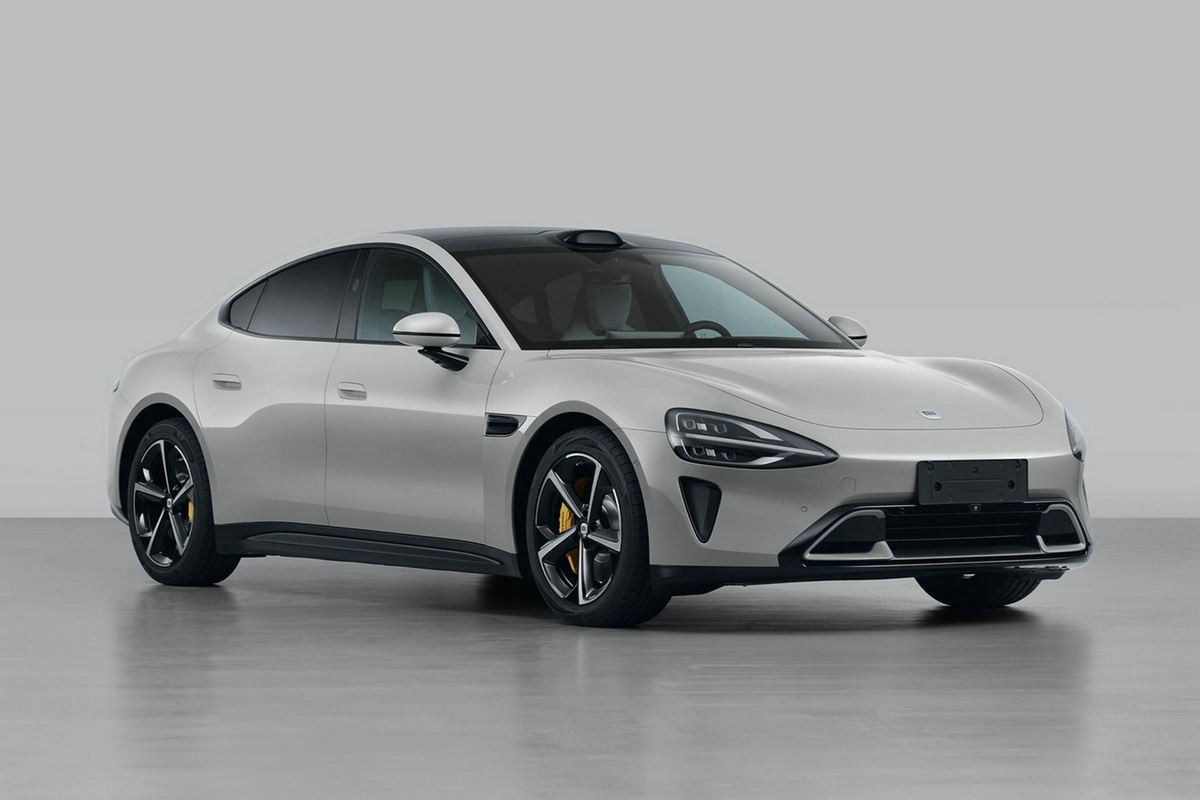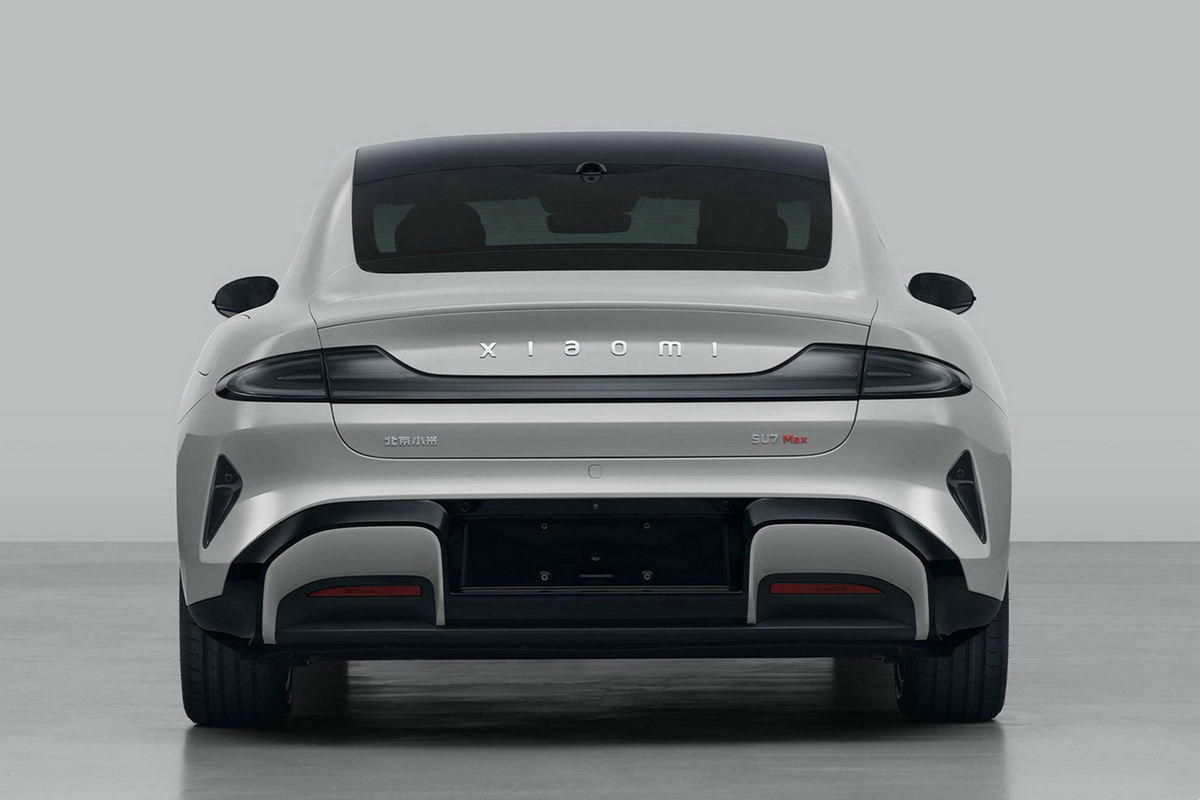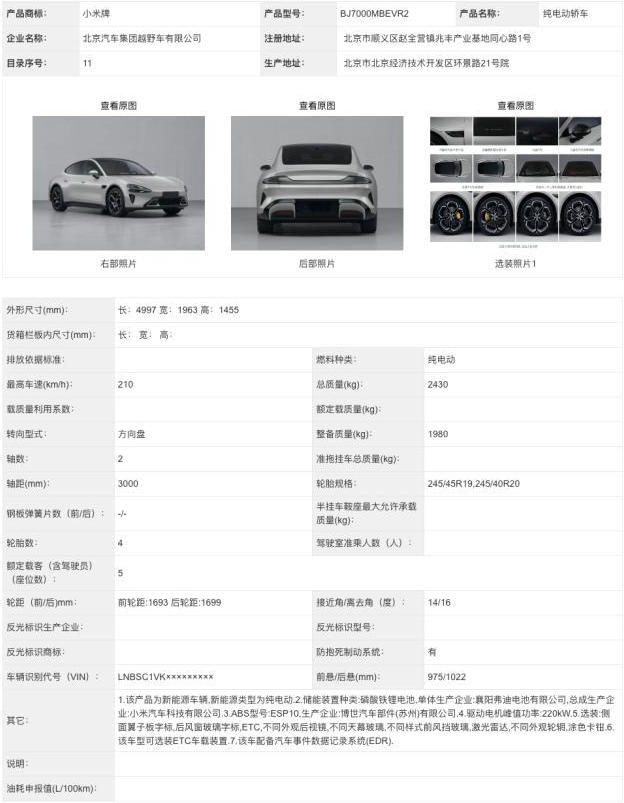On November 15th, Xiaomi Automotive made an appearance in the latest catalog of the Ministry of Industry and Information Technology, revealing details about the design, battery, motor, and other features of Xiaomi’s first car.
Xiaomi Automotive has already commenced small-scale trial production at its factory in Beijing’s Yizhuang. The company plans to begin mass production in December and aims to launch the vehicle in February next year. Xiaomi Group’s Chairman, Lei Jun, previously stated that the first car from Xiaomi Automotive is expected to enter mass production in the first half of 2024.

There is an opinion that Xiaomi Automotive’s entry into the market in 2024 might be considered late. Over the past few years, the emerging automakers such as NIO, XPeng, Li Auto, and WM Motor have established themselves in the market. Additionally, traditional automakers’ efforts in electric vehicle transformation have been fruitful, giving rise to new forces like Jidu Auto, DeepBlue Technology, and Geely’s Zeekr. These emerging players have already made significant progress in the electric vehicle industry.

It is true that the landscape of the new energy vehicle industry has become relatively stable. The surviving players have gained a first-mover advantage, established brand recognition, and expanded their distribution channels, with hundreds of thousands of vehicles on the road. Xiaomi Automotive will face competition in each specific segment of the market, as other players have already established themselves. Features and pricing that may have seemed impressive two years ago could now be perceived as average by consumers.
The 200,000 to 300,000 yuan price range is the main battlefield for high-volume vehicle models, and the competition is fierce. Xiaomi Automotive’s primary competitors are concentrated in this area. They include BYD (002594.SZ) with its Wangchao and Ocean series, Tesla (TSLA.US) with the Model 3 & Y, Geely Automobile (00175.HK) with its Galaxy series, DeepBlue Automobile under Changan Automobile (000625.SZ), as well as entry-level models from luxury car brands like BBA (BMW, Mercedes-Benz, Audi).

According to Lei Jun’s plan, Xiaomi Automotive aims to sell 100,000 units of its first model in the first year and deliver a total of 900,000 units over the following three years, with the goal of entering the top tier of the industry by 2024. In his personal speech in 2023, Lei Jun mentioned the concept of long-termism, stating, “We focus on long-term value and persist in long-term investment. Only by doing so can we build core competitiveness and moats, and truly become a great technology company.”